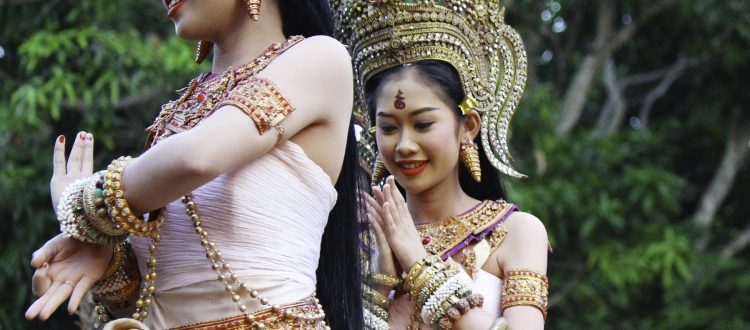A country with a vibrant local culture
Thailand is a country with a vibrant local culture that has been shaped by its history, traditions, and religious beliefs. From its colourful festivals to its unique customs and traditions, there is much to learn about local Thai culture. In this article, we will explore some of the most important aspects of Thai culture and how you can learn more about them during your visit to Thailand.
The Importance of Learning about Thai Local Culture
Learning about local Thai culture is essential to any visit to Thailand. Not only does it help you better understand and appreciate the country and its people, but it enables you to have a more immersive and authentic travel experience. By learning about local culture, you can gain insights into the customs and traditions of the Thai people, which will help you navigate social situations and avoid cultural misunderstandings.
Festivals and Celebrations
Thailand is famous for its colourful festivals and celebrations, which take place throughout the year. Some of the most popular festivals include:
- Songkran: This is the Thai New Year, celebrated mid-April with water fights and the sprinkling of scented water over friends and family members.
- Loy Krathong: This festival takes place in November and involves floating lotus-shaped baskets on the river to ask for forgiveness and good luck.
- Yi Peng: This festival, which takes place simultaneously with Loy Krathong, involves releasing paper lanterns into the sky.
- Vegetarian Festival: This festival takes place in October and involves eating only vegetarian food for a week and participating in processions and ceremonies.
Customs and Traditions
Thai culture is characterized by its unique customs and traditions, deeply rooted in Buddhism and the country’s history. Some of the most important customs and traditions to be aware of include the following:
- Wai: This is the traditional Thai greeting, which involves placing your hands together prayerfully and bowing your head.
- Removing Shoes: It is customary to remove your shoes before entering temples or someone’s home.
- Respect for the Monarchy: The Thai people deeply respect their monarchy, and it is essential to show respect and refrain from speaking negatively about the royal family.
- Dress Code: When visiting temples or other religious sites, it is essential to dress modestly and cover your shoulders and knees.
Museums and Cultural Sites
Thailand is home to many museums and cultural sites offering insights into Thai history and culture. Some of the most famous museums and cultural sites include:
- The Grand Palace: This palace, located in Bangkok, was the official residence of the Thai monarch until the early 20th century and is now a popular tourist attraction.
- The Jim Thompson House: This museum, located in Bangkok, is a tribute to the American entrepreneur who revitalized the Thai silk industry in the 1950s and 1960s.
- The National Museum: This museum in Bangkok offers a comprehensive overview of Thai history and culture.
- Wat Phra That Doi Suthep: This temple, located in Chiang Mai, is one of Thailand’s most important religious sites and offers stunning views of the surrounding countryside.
Cooking Classes and Food Tours
Thai cuisine is renowned for its unique flavours and spices, and learning about local food is essential to Thai culture. Taking a cooking class or participating in a food tour is an excellent way to learn about Thai cuisine and local customs. You can learn how to cook traditional dishes like pad Thai, green curry, and som tam and gain insights into the importance of food in Thai culture.
Learning about local Thai culture is essential to any visit to Thailand.


